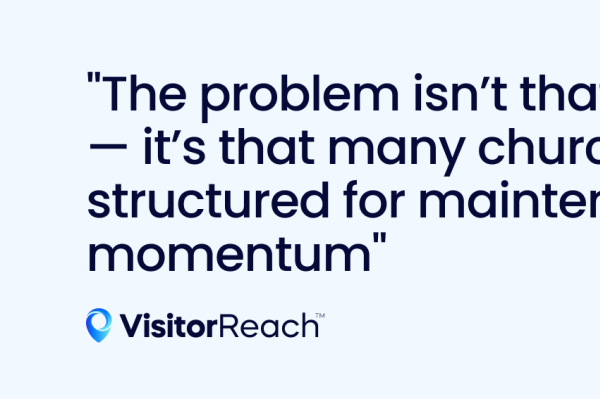Spiritual Formation in a Digital Age: Why Churches and Ministries Should Invest in Online Education
Through the development of social networks and online learning communities, distance education programs can provide spiritual formation just as effectively as the traditional classroom, an expert in online Christian education has argued.
Dr. Mary Lowe, Associate Dean of Liberty University Rawlings School of Divinity and co-author of Ecologies of Faith in a Digital Age: Spiritual Growth Through Online Education, said she’s often asked to identify how online spiritual formation differs from an in-person spiritual formation. Her answer is simple: It doesn’t.
“Formation is formation,” she said. “At the time of redemption and salvation, the entire person is transformed and redeemed. It’s not just the spiritual component, it’s the social dimension, the intellectual, the moral, the emotional — all of those dimensions of the person are being transformed. We believe that goes to the heart of what it means to be spiritually transformed. Persons who are studying online or at home and driving onto a campus, they are experiencing the kinds of things that would contribute to their formation. There really isn’t a difference between in person or online.”
Lowe, who grew up in Haiti as the daughter of missionaries, has been working in the field of online Christian education for most of her career. In addition to authoring several books on the topic, she previously served as the Associate Dean of the Virtual Campus at Erskine Seminary and is today the Executive Director of ACCESS, the Association for Christian Distance Education.
Based on her extensive experience, she believes college students would do well to take an online course in spiritual formation to develop a greater understanding of what it means to grow as a Christian in a digital age. Similarly, persons in ministry would benefit from learning how to expand their notion of spiritual formation to include online learning.
“Ministry is about engaging other people — it’s about discipleship,” she said. “What we’re teaching them through this model is that spiritual formation really is about an ecosystem, engaging all of those parts of an ecosystem with persons you encounter, whether it’s in a classroom or whether it’s in a church ministry setting, pastors engaging other people.”
“It's really about helping people understand what spiritual formation is and then how you can use that formation to help others grow, to help yourself grow, to understand how you engage and treat other people,” Lowe said. “You can’t really measure and assess what you aren’t defining. The more we can define, the more we can come back and say, have we done this? Are we growing in this area? How can we change or benefit in terms of how our people are growing as whole persons, but in particular, spiritually?”
A key component to online spiritual formation, she contended, is the development of social networks and online communities.
“It’s very much a way in which people are growing and developing because you are interacting with other persons — you are connecting with other persons in those online classes and opportunities,” she said. “You’re bringing those networks... to an online classroom and it’s a bi-directional exchange, so the dynamics that are happening in your home are part of that online learning experience and vice-versa...We see spiritual formation across the board, in whatever setting you find yourself.”
“Persons who are studying online or interacting online also have other lives,” she continued. “They’re engaging in church ministry, they’re engaging with people in other sectors of their lives. It’s an ecosystem.”
According to a report from Digital Learning Compass, more than 6 million students took at least one online course in 2015, representing more than a quarter (29.7 percent) of all higher education enrollments that year. Another study found that the number of students taking online courses has consistently grown over the last 13 years.
As online learning becomes an increasingly popular choice for many students, the need to identify, define, and evaluate how it contributes to spiritual formation is evident, Lowe said.
“In a sense, there’s really nothing Christian about online education; it involves many of the same kind of principles anywhere,” she explained. “What makes it unique and distinguishes it from other forms of education is the opportunity to have formative experiences, or opportunities to develop as spiritual or as whole persons in ways that may differ from programs that aren’t intentionally Christian in terms of how they come at online education.”
A distinctive of Christian education, she said, is in the integration of faith in every sphere of learning, whether online or residential.
“Here at Liberty, we really stress that spiritual formation component, and we try to weave it into everything,” she said. “At the end of this, students come away with a more holistic perspective on what it means to grow and develop and mature as Christians. It... impact[s] the way they treat others [and] the way they see self in relation to others and in terms of their relationship to Jesus Christ. It impacts moral decisions, it impacts how they conduct themselves emotionally or spiritually or even socially.”
She concluded, “That’s one of the unique components of Christian distance education — the opportunity to have that formative component that might not exist in other forms of online education.”
Related:
Called to Counseling — Do You Need a License to Make a Difference?
>>>Request for Liberty University Online degree info now.




